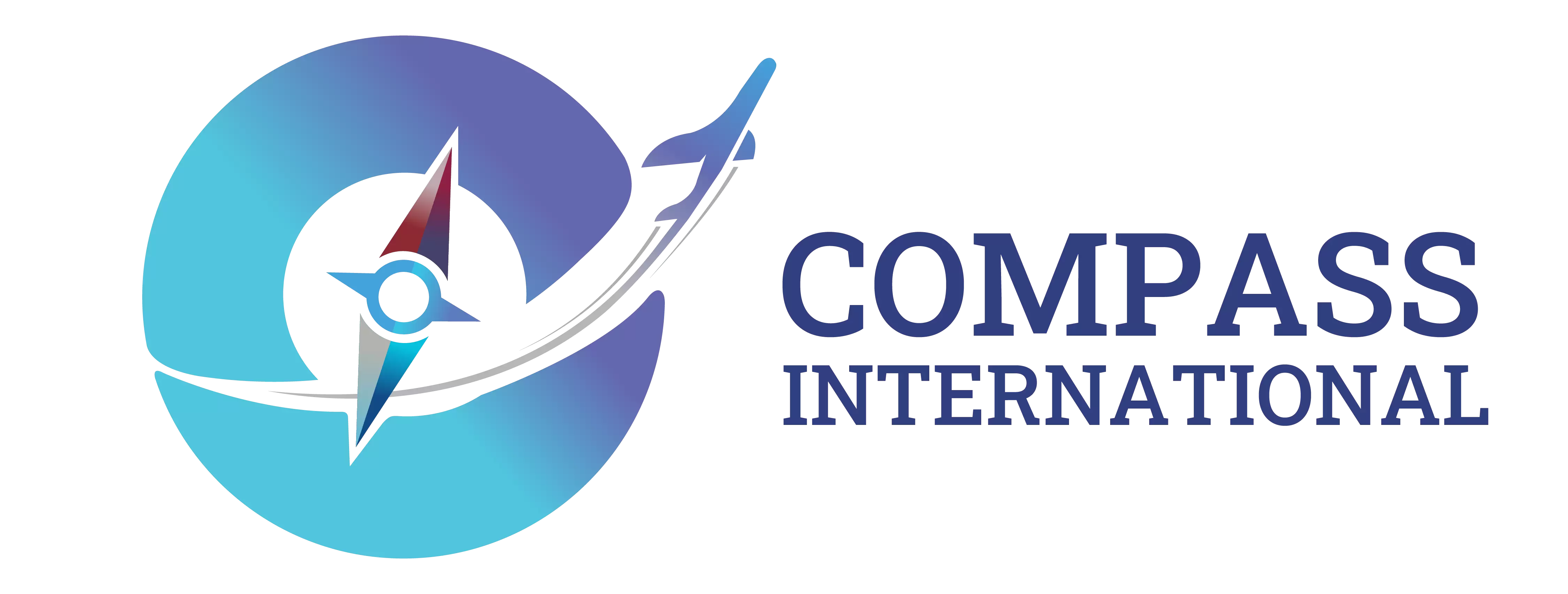MALTA

Studying in Malta offers a unique experience due to its rich history, English-speaking environment, and reputable educational institutions. Here’s an overview of what you need to know:
Higher Education System
- Types of Institutions:
- Universities: Offer a wide range of undergraduate, postgraduate, and doctoral programs.
- Institutes and Colleges: Focus on specific fields such as arts, tourism, and technology.
- Language of Instruction:
- English is the primary language of instruction for most programs, making it accessible for international students.
- Popular Institutions:
- University of Malta
- Malta College of Arts, Science, and Technology (MCAST)
- Institute of Tourism Studies (ITS)
Application Process
- Entry Requirements:
- Bachelor’s Programs: High school diploma and proof of English proficiency.
- Master’s Programs: Bachelor’s degree in a related field.
- Doctoral Programs: Master’s degree and a research proposal.
- Language Proficiency:
- For English-taught programs, you may need to provide proof of English proficiency (e.g., IELTS, TOEFL).
- Application Procedure:
- Applications are typically submitted online through the institution’s website.
- Deadlines vary, so check specific program requirements.
Cost of Living and Tuition Fees
- Tuition Fees:
- Vary depending on the program and institution.
- Bachelor’s Programs: €1,000 to €6,000 per year.
- Master’s Programs: €2,000 to €10,000 per year.
- Scholarships are available for international students.
- Cost of Living:
- Monthly expenses (including accommodation, food, transportation, and entertainment): €700 to €1,200.
Scholarships and Financial Aid
- Government Scholarships: Offered by the Maltese government for international students.
- University Scholarships: Many institutions provide scholarships based on academic merit or financial need.
- Erasmus+: Opportunities for EU students to study in Malta through exchange programs.
Student Life
- Accommodation: Options include university residences, private rentals, and shared apartments.
- Cultural Experience: Malta boasts a vibrant cultural scene with numerous festivals, historical sites, and a Mediterranean lifestyle.
- Travel: Malta’s location offers easy travel to other European countries.
Work Opportunities
- Part-time Jobs: International students can work part-time during their studies.
- Internships: Many institutions have partnerships with local and international companies, providing internship opportunities.
Steps to Get Started
- Research Programs: Identify the programs and institutions that match your interests and career goals.
- Prepare Documents: Gather necessary documents (transcripts, letters of recommendation, proof of language proficiency).
- Apply: Submit your applications before the deadlines.
- Visa: Apply for a student visa if required.
- Prepare for Arrival: Arrange accommodation and get familiar with local culture and customs.
Unique Aspects
- Historical Significance: Malta is rich in history, with numerous UNESCO World Heritage sites.
- Climate: The Mediterranean climate offers mild winters and hot summers, making it an attractive destination year-round.
- Diverse Community: Malta hosts a diverse international student population, fostering a multicultural environment.

